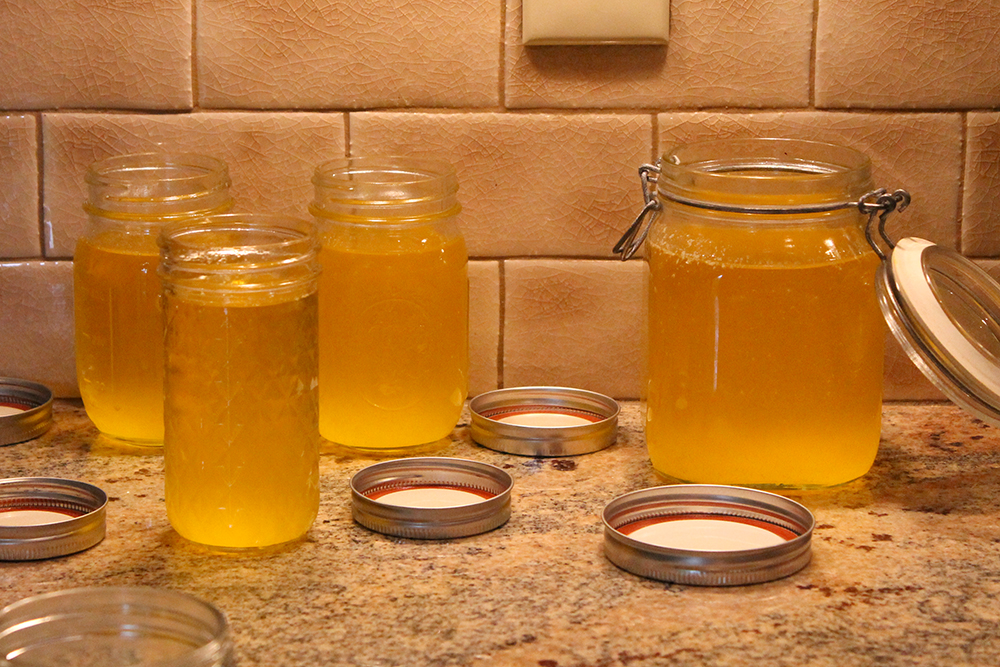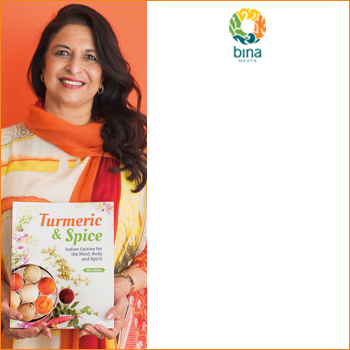Ayurveda, an ancient healing science, is a commonsense approach to living. Its core thought is to align and attune one’s being with the environment. Each one of us that lives, moves and breathes is a tiny part of this whole universe. Nature offers the cues, but are we listening?
To listen to nature is to observe the natural world. You will discover it is fascinating and mesmerizing. I imagine the ancient seers living in forests did this. They watched the birds, animals, and insects and their behaviors, and they gazed at planets and studied their repetitive rhythms and patterns. Observing nature and its creatures was their source of wisdom, inspiration, and understanding of the natural world. For example, Leonardo da Vinci designed his airplane prototypes by watching birds in flight for hours. He was a genius, and he studied God’s creations and created his masterpieces from his observations. You could argue that his nature-based approach is based on ancient Ayurvedic philosophy that recognizes all principles and laws of harmony and unity on all levels of existence related to a natural flow and order of life on earth.
According to Ayurveda, everything in the universe is vibration and frequency. In this universe, everything is made up of the five basic life elements: Prithvi (earth), Jala (water), Agni (fire), Vayu (air) and Aakash (space or ether).
Ghee is said to contain all five basic life elements in Ayurveda. These elements uniquely combine themselves in our bodies as three principles known as doshas: kapha, vata, and pitta. This sounds complex, I know, but just think of doshas as a way of understanding a person’s physical constitution, called prakriti. At the core of Ayurvedic philosophy is the prevention of disease by keeping our doshas in balance through lifestyle choices such as nutrition, exercise, and a positive mental attitude.
In addition, Ayurveda describes six tastes that relate to food and our senses; ghee is considered sweet and cooling, which means it is an excellent pacifier of aggravated vata and pitta doshas in the body because it grounds the spacey vata and cools the firey pitta. Ghee is a superfood that balances all three doshas. Below is a quick overview about doshas. Some of this information is in my cookbook, Turmeric & Spice:
Kapha: Combination of water and earth and regulates vata and pitta doshas. Kapha is responsible for joint lubrication, skeletal nature of the body (bones), sexual power, strength, and patience.
Vata: Combination of air and space. Vata is responsible for voluntary and involuntary body movement and oversees the nervous system.
Pitta: Combination of fire and water. Pitta regulates enzymes and hormones, digestion, metabolism, pigmentation, body temperature, hunger, thirst, sight, courage, and ambition.
Ghee is a therapeutic addition to all Ayurvedic recipes. According to Ayurvedic principles, ghee is the most beneficial of all fats. Many of us have misconceptions about ghee, treating it with the same uncertainty that we treat other types of fats. However, ghee is one of the most stable fats and reduces levels of LDL (bad) cholesterol and increases HDL (good) cholesterol, helps memory retention, and helps in detoxification and regeneration.
Widely used in Ayurvedic practice, specifically in degenerative, chronic, and inherent diseases, ghee is appropriate for all ages and promotes the growth of all seven dhatus (tissues) in the body (body fluids, blood, flesh, fat, bones, marrow, and semen). Ghee gives you good health and promotes well-being. I like to use ghee on my face as a moisturizer for a radiant glow.
 Ghee, known as “liquid gold” and “golden nectar,” helps absorb food for stimulating digestion and boosts immunity. In Ayurvedic terms, it ignites agni, the fire in the belly that helps digest the food, metabolize it, and distribute nutrients to all the tissues and organs for nourishment. This golden liquid nourishes and lubricates internal organs and joints which brings an inner radiance; dissolves toxins; alleviates fevers, anemia, and blood disorders; and promotes good health and well-being.
Ghee, known as “liquid gold” and “golden nectar,” helps absorb food for stimulating digestion and boosts immunity. In Ayurvedic terms, it ignites agni, the fire in the belly that helps digest the food, metabolize it, and distribute nutrients to all the tissues and organs for nourishment. This golden liquid nourishes and lubricates internal organs and joints which brings an inner radiance; dissolves toxins; alleviates fevers, anemia, and blood disorders; and promotes good health and well-being.
Just remember, a little ghee goes a long way. Too much of a good thing can become excessive or poisonous. Ayurveda is all about balance and keeping everything in moderation. Eat half a teaspoon of ghee every other morning on an empty stomach to keep the doctor away. Stay tuned for the third blog in the Ghee series, which goes into more detail about the health benefits of ghee.


